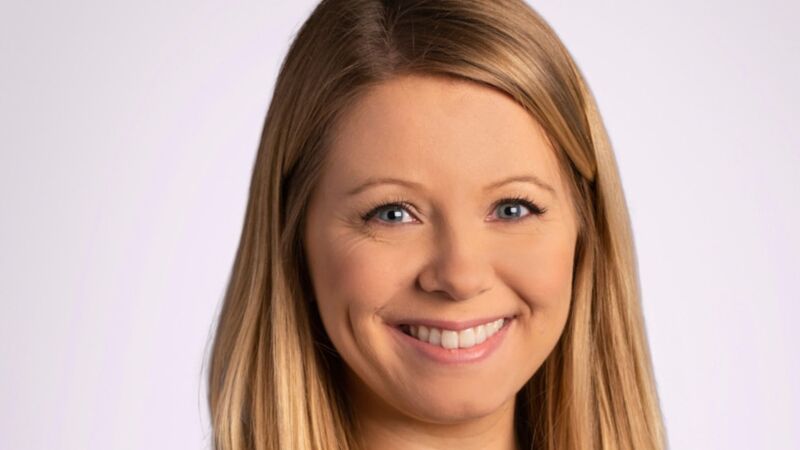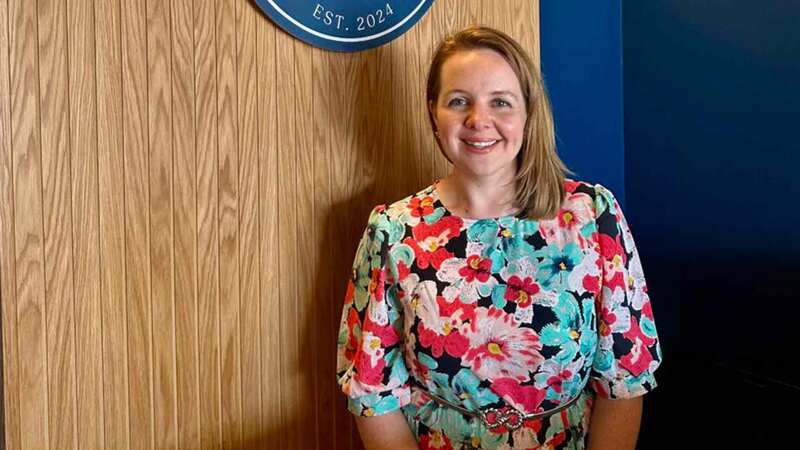You are viewing your 1 free article this month. Login to read more articles.
The cold hard stuff
All authors are struggling with rising costs, but those with disabilities are bearing the brunt.
Let’s talk about cold, hard cash... a taboo subject in publishing where authors, agents and editors tend to keep quiet about advances (unless it’s mega bucks and reported in this magazine) and whether they’re earned out.
There’s still the faint whiff of a Victorian idea in the industry that books are written for the love of literature, but in reality income matters and authors are struggling.
Take the author who said on Twitter she is working as a cleaner to tide her over until the next part of her advance comes through. Or the novelist who works part time in a professional job but has had to start writing podcast scripts to make ends meet until her latest book is sold. Inflation is running at 10%, energy bills are rising higher than an author’s blood pressure on publication day, yet publishing companies, including HarperCollins, Quarto and Bonnier Books, are reporting record profits. How come authors aren’t getting their fair share?
Whilst all authors other than those at the very top are affected by declining incomes, disabled and chronically ill people are amongst those who struggle the most. Many of us have turned to writing as a career due to an inability to do nine-to-five manual or office jobs. We need flexible hours and the ability to work around our health needs, with taking on shifts at a supermarket, restaurant or other such temporary job a physical impossibility.
I spoke to Ambre Morvan, Publishing Contracts and Publishing and Public Policy Advisor at the Society of Authors, to find out if other countries treat authors more generously.
Author renumeration is not just a UK issue she says. “Unfair and poor contract terms are a reason for the decline in authors’ earnings; the deterioration of contract terms is a problem experienced by authors in many countries. That being said, the implementation of minimum rules in legislation could be a first step to addressing the imbalance of the situation. For example in France, the law offers authors the opportunity to easily terminate their contract if the publisher (i) failed to publish the work within the agreed window, (ii) failed to send annual statements, or (iii) failed to make the necessary (or required) payments and describes the mechanism that needs to be followed to obtain the termination.”
What can be done to improve author incomes in the UK? Authors who answered my Twitter call gave a number of ideas.
Also in France, explains Morvan, authors have a special status. With their social benefit contributions assimilating them to employee status, it entitles them to privileges UK authors can only dream of, such as “a basic state pension, maternity/paternity leave and sick leave. However, some income thresholds must be met in order to access those benefits and it is our view that they are too high, taking into account the median income of authors.”
Ireland is a financially advantageous place for authors to live, offering “an exemption from income tax (where no tax will need to be paid on the payments that qualify for the exemption)" says Morvan, “or an exemption from the activation process for the authors who receive jobseekers’ allowance, where qualifying authors are not required to actively seek a new job during their first year of unemployment so they can concentrate on their creative work.” The country recently launched a Basic Income for the Arts pilot scheme.
Tom Benjamin, author of the Daniel Leicester mysteries set in Bologna, says that though he isn’t aware of any financial benefits for permanent Italian residents like himself, there are other benefits of living in Italy: “there does seem to be a certain ‘cachet’ to being an author – I somehow appear to have acquired the honorific dottore for example. Italian authors regularly appear on talk shows and tend to be considered ‘public intellectuals’, although I have yet to be invited on to opine in my tweed jacket!”
What can be done to improve author incomes in the UK? Authors who answered my Twitter call gave a number of ideas. Lindsay Galvin recommends putting a cap on advances to celebrities, with “more of the advances shared out to everyone” and authors being paid for the publicity they do. Joanne Harris, Chair of the Society of Authors’ management committee, advocates bringing back the net book agreement. Chloe Timms would like to see the time between advance payments lessened and Yarrow Townsend calls on HMRC to shorten the time it takes to authorise tax exemption forms for overseas payments, saying that a wait of up to six months “leaves writers in a precarious financial position”.
Cat Mitchell, Lecturer in Writing and Publishing at the University of Derby, argues that firstly publishers “need to get the basics right, such as paying (writers) on time. Authors spend too much time having to chase (often very small) payments, particularly from bigger companies”.
She also says that the industry could do more to support lesser-known authors, such as a debut author having a short slot at the start of a more famous author’s event. Other ideas include “giving a salary for the duration of publication and promotional activities... though short-term contracts aren’t ideal for long-term stability. Another consideration is to pay authors’ bonuses in the same way as employees at publishing houses, though this again would be complicated to calculate, and for companies with a huge backlist of authors, might not be financially viable.”
For disabled and chronically ill authors, along with those from low-income backgrounds, change needs to happen for the publishing industry to retain diverse voices. It might not be easy, but it’s imperative. As Cat Mitchell points out: “It is difficult to understand how (authors) are usually paid less than everyone else in the publishing process, despite the industry depending on their writing to exist.”



















